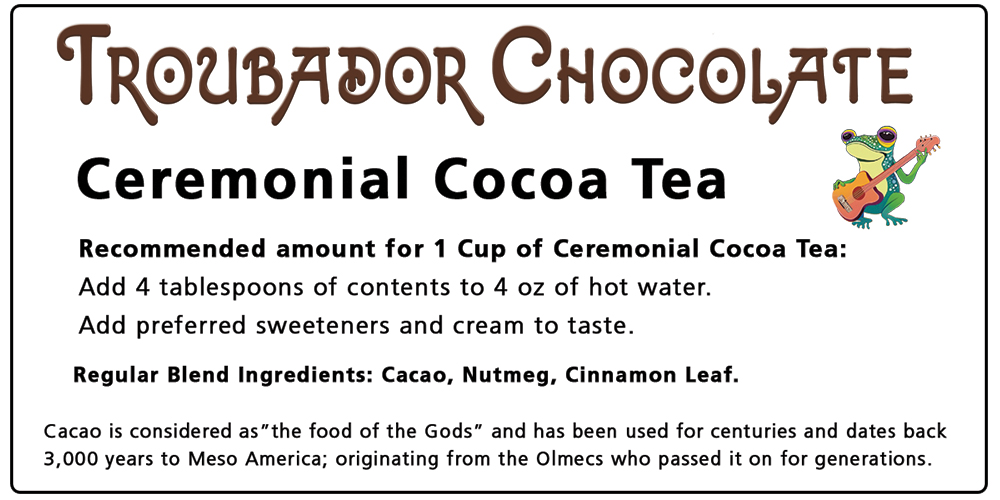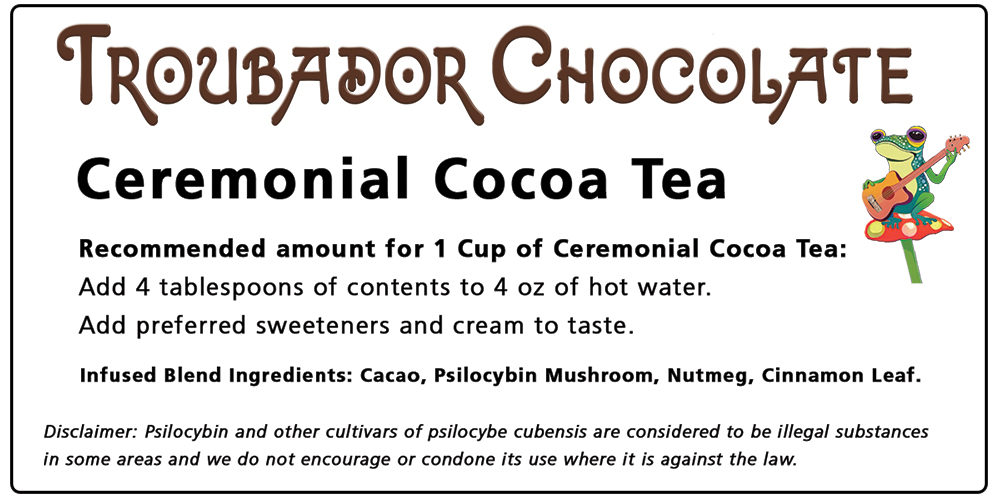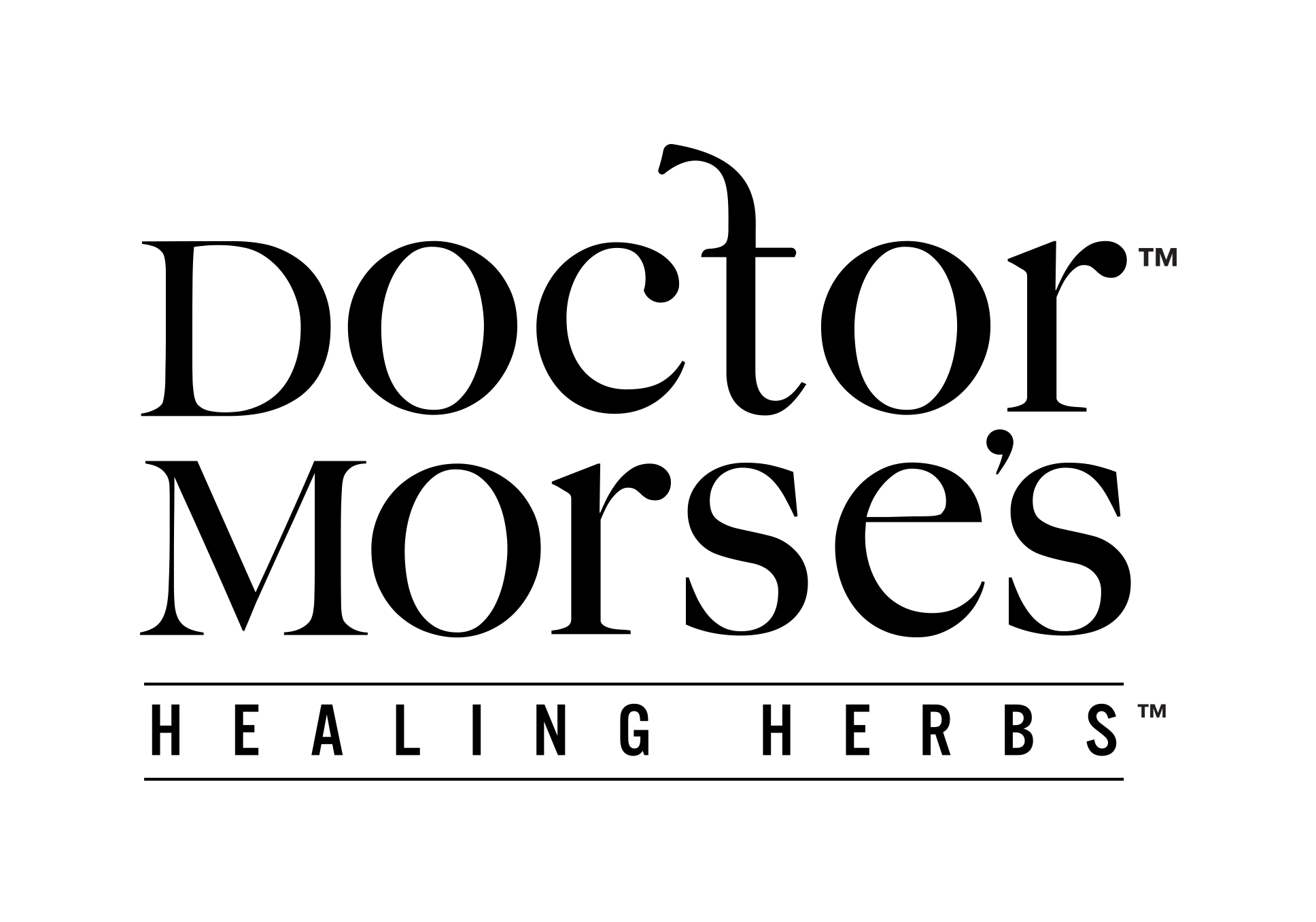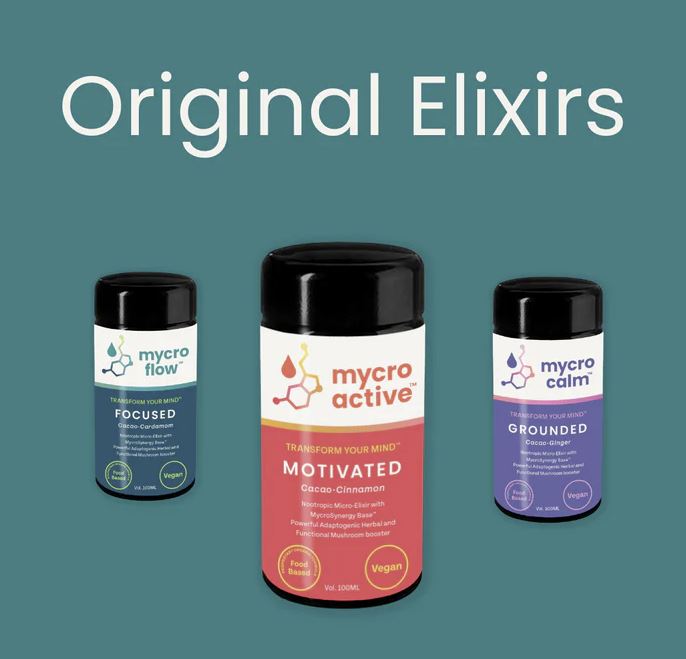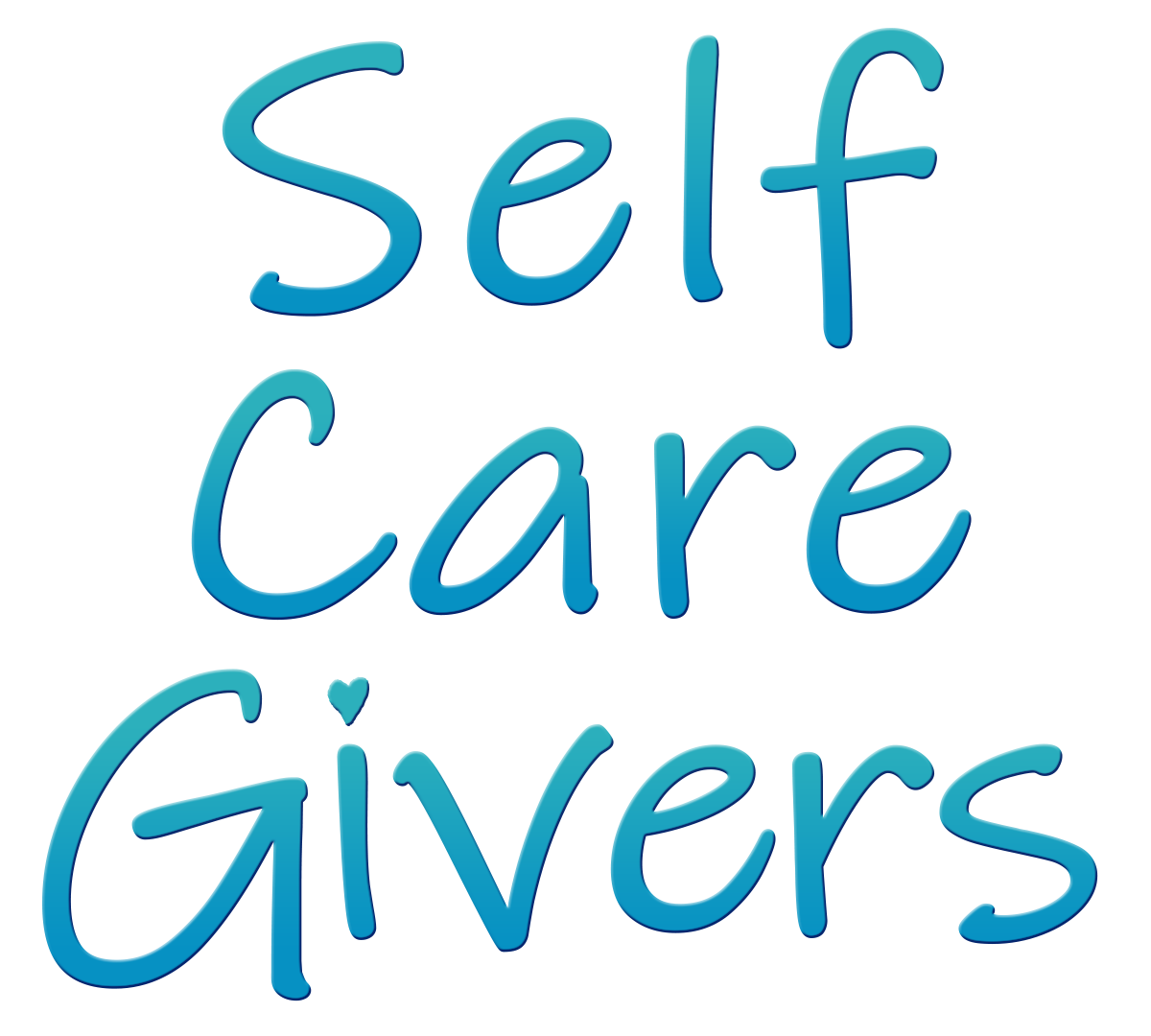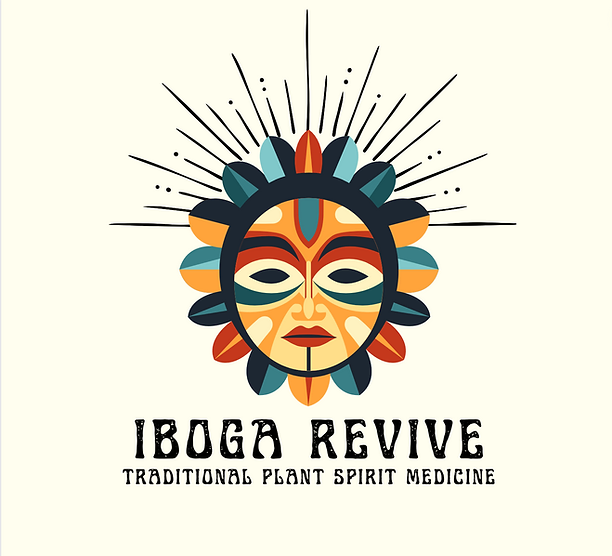
Introduction
Modern health innovations have the potential to transform the way healthcare is delivered, making it more efficient, effective, and patient-centered. With the advent of new technologies and digital health tools, healthcare providers can now offer a range of services that were not previously possible. This article will provide an overview of some of the most promising modern health innovations, including wearable health technology, healthcare IoT, AI in healthcare, precision medicine, virtual health and telemedicine, and remote patient monitoring.
Wearable Health Technology
Wearable health technology refers to devices that are worn on the body to track various health-related metrics. Examples of wearable health technology include fitness trackers, smartwatches, and health monitoring devices. The benefits of wearable health technology include the ability to monitor vital signs, track physical activity, and identify potential health issues early on. To implement wearable health technology, healthcare providers can encourage patients to use these devices and integrate the data they collect into their electronic health records (EHRs).
Healthcare IoT
Healthcare IoT refers to the use of interconnected devices and sensors to collect and transmit health-related data. Examples of healthcare IoT include smart pills, sensors in hospital beds, and remote patient monitoring systems. The benefits of healthcare IoT include the ability to monitor patients remotely, improve patient outcomes, and reduce healthcare costs. To implement healthcare IoT, healthcare providers can invest in IoT-enabled devices and integrate them into their existing infrastructure.
AI in Healthcare
AI in healthcare has the potential to improve patient outcomes by providing more accurate diagnoses, identifying high-risk patients, and supporting personalized treatment plans. To implement AI in healthcare, healthcare providers can invest in AI-enabled tools and software and train staff to use these tools effectively.
Precision Medicine
Precision medicine refers to the use of genomics and other molecular data to tailor medical treatments to individual patients. Examples of precision medicine include genetic testing and personalized cancer therapies. The benefits of precision medicine include improved treatment outcomes, reduced side effects, and lower healthcare costs. To implement precision medicine, healthcare providers can invest in genomic testing and analysis tools and incorporate the results into patient treatment plans.
Virtual Health and Telemedicine
Virtual health and telemedicine refer to the use of technology to provide remote healthcare services. Examples of virtual health and telemedicine include video consultations, mobile health apps, and remote monitoring systems. The benefits of virtual health and telemedicine include increased access to healthcare services, improved patient convenience, and reduced healthcare costs. To implement virtual health and telemedicine, healthcare providers can invest in telehealth software and training for staff to use these tools effectively.
Remote Patient Monitoring
Remote patient monitoring refers to the use of technology to monitor patients outside of the traditional healthcare setting. Examples of remote patient monitoring include wearable health technology, home monitoring devices, and telehealth systems. The benefits of remote patient monitoring include improved patient outcomes, reduced healthcare costs, and increased patient satisfaction. To implement remote patient monitoring, healthcare providers can invest in remote monitoring devices and integrate the data they collect into patient treatment plans.
Conclusion
Modern health innovations offer tremendous potential for improving healthcare outcomes, reducing costs, and enhancing the patient experience. By leveraging wearable health technology, healthcare IoT, AI in healthcare, precision medicine, virtual health and telemedicine, and remote patient monitoring, healthcare providers can offer more personalized and effective healthcare services. As technology continues to evolve, we can expect even more exciting innovations in the future.

